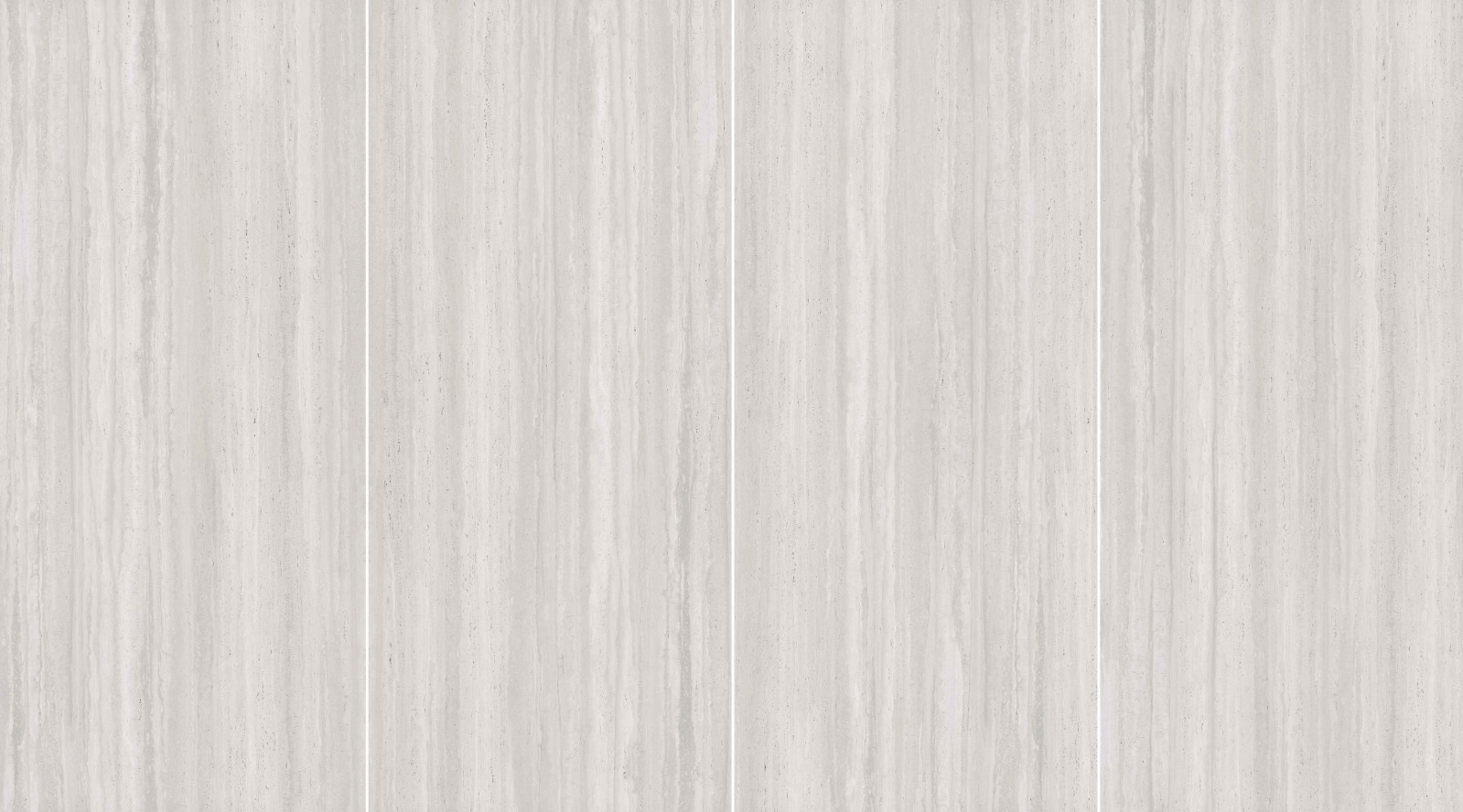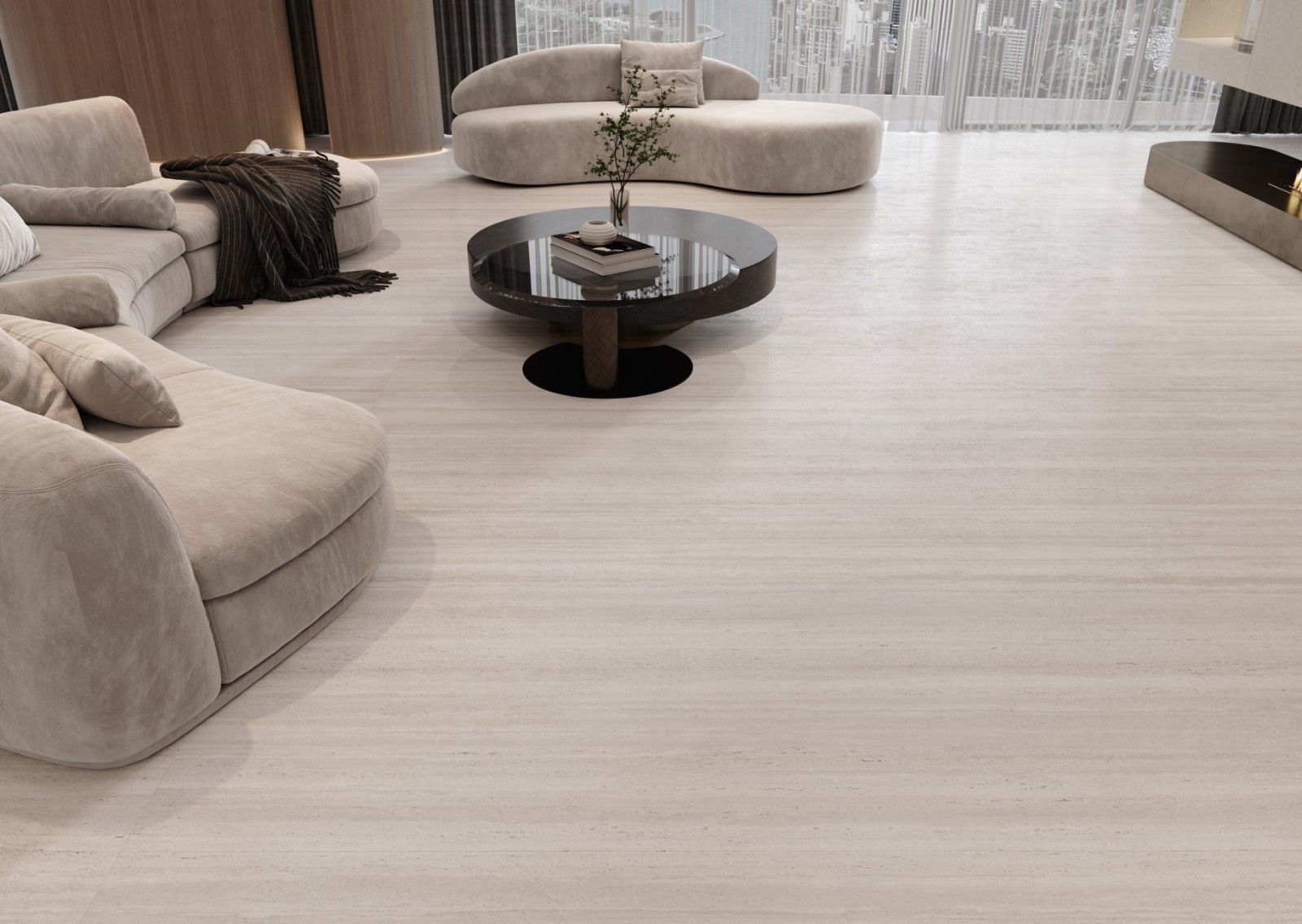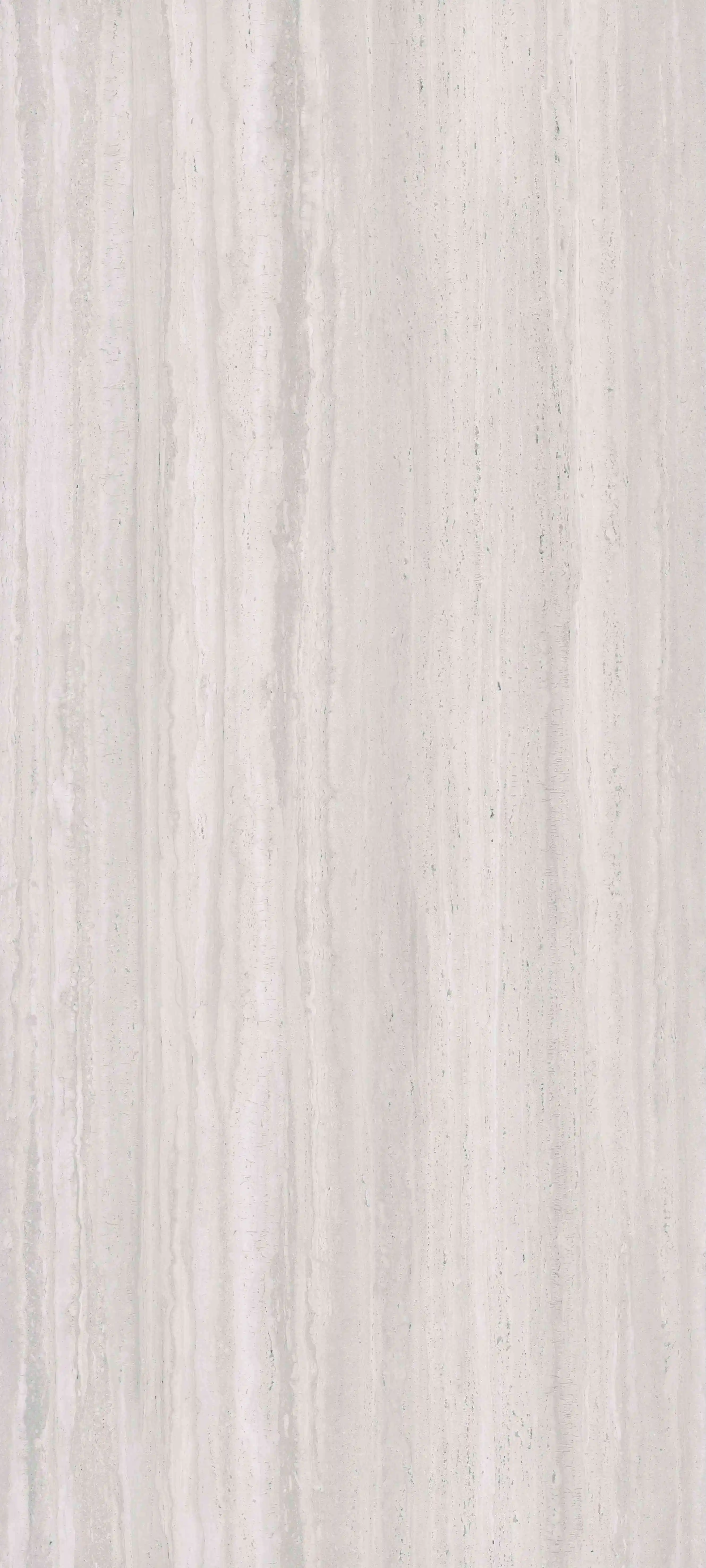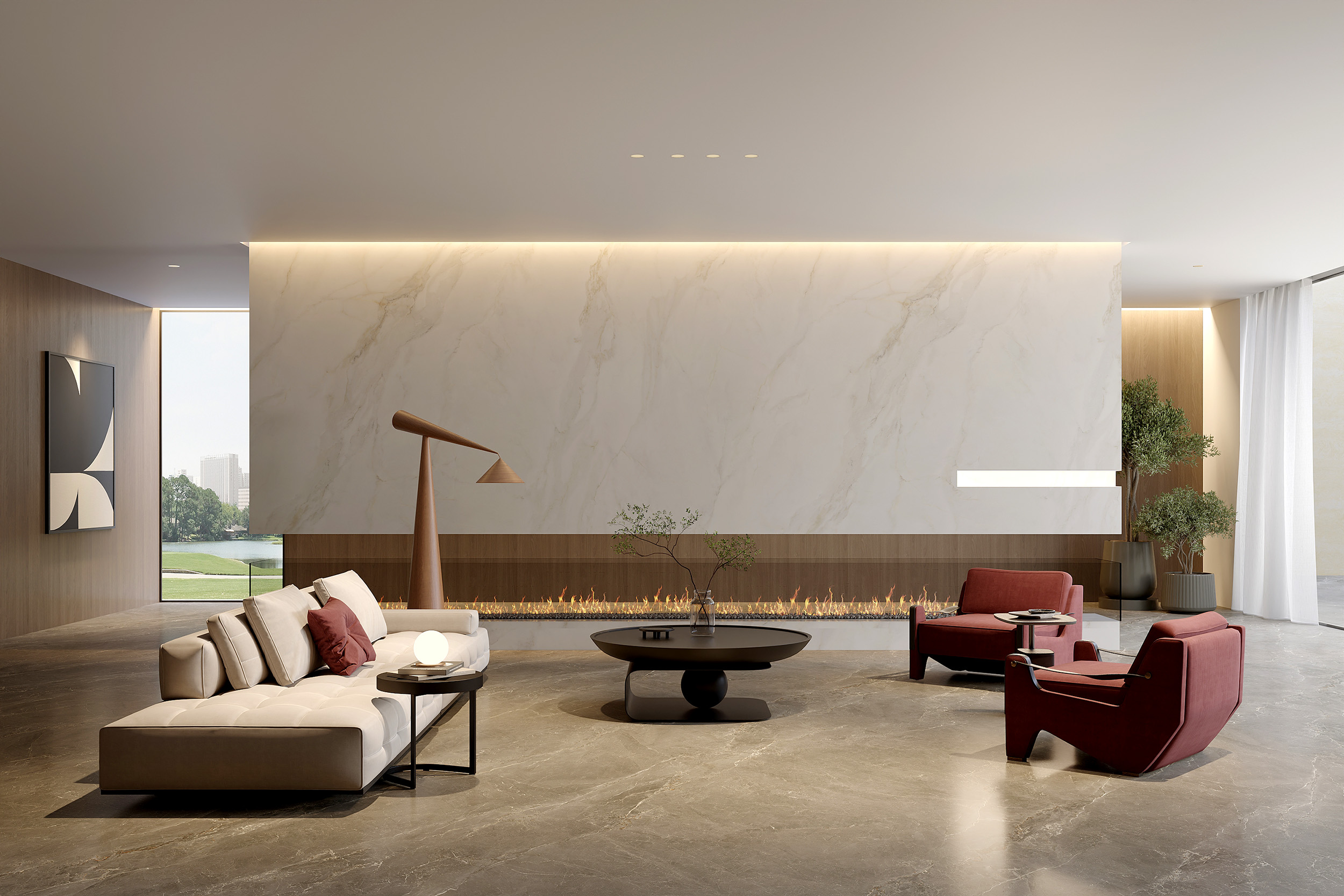In modern home renovations and kitchen design, the material choice for countertops directly impacts aesthetics, longevity, and overall budget. Quartz and sintered stone countertops are two of the most popular high-end decorative materials on the market, each with unique performance characteristics and cost structures.
So, from a price perspective, which is more expensive: quartz or sintered stone countertops? This article will provide a detailed comparison of multiple dimensions, including material, manufacturing process, installation difficulty, and maintenance costs, to help readers fully understand the price differences and value propositions of these two countertops.

What are the differences between quartz and sintered countertops?
First, we need to clarify the basic characteristics of quartz and sintered stone countertops:
1. Quartz Countertops
Quartz countertops are primarily formed by high-pressure molding a mixture of natural quartz powder, resin, and a small amount of pigment. Its key features include:
• Relatively affordable: Quartz countertops are a cost-effective option among high-end stone materials.
• Easy installation: Due to their uniform material quality and moderate weight, they are easy to cut and install.
• Diverse Colors: Through pigment addition and surface treatment, a rich variety of colors and textures can be achieved.
• Easy Maintenance: Quartz countertops have a dense surface, are non-absorbent, and are highly stain-resistant.
2. Sintered Stone Countertops
Sintered stone countertops are a high-end artificial stone material formed through a high-temperature, high-pressure sintering process. Its main characteristics include:
• Higher Price: The high raw material cost and complex production process of sintered stone countertops result in an overall price significantly higher than that of quartz countertops.
• Hard Material: With a hardness close to that of natural stone, it is wear-resistant, heat-resistant, and scratch-resistant.
• Professional Cutting and Installation: Sintered stone countertops require specialized tools and techniques to cut, otherwise they are prone to cracking or damage.
• High-End Beauty: The surface has a natural gloss and texture, creating an excellent visual effect, making it suitable for those seeking a luxurious interior design.
As can be seen from the above comparison, sintered countertops are more expensive than quartz countertops, which is closely related to their high-end material and professional craftsmanship.

Why are sintered countertops more expensive than quartz countertops?
The high price of sintered countertops is primarily due to the following factors:
1. High Raw Material Cost
Sintered stone countertops are primarily made from high-purity mineral powders and special additives, which are inherently expensive. Furthermore, these high-quality raw materials ensure the hardness and durability of sintered stone countertops, which directly drives up their cost.
2. Complex Manufacturing Process
Sintered stone countertops are manufactured using high-temperature, high-pressure sintering technology, requiring precise control of temperature, pressure, and sintering time. In contrast, quartz countertops are made by pressing resin and quartz powder, a relatively simple process. Therefore, the production cost of sintered stone countertops is significantly higher than that of quartz countertops.
3. High Cutting and Installation Requirements
Due to the extreme hardness of sintered countertops, cutting is difficult, requiring specialized tools and skilled personnel, and the installation process is also more complex. Any improper handling can damage the material, increasing installation costs. Quartz countertops, on the other hand, are relatively easy to cut and install, with lower labor costs.
4. Lifespan and Maintenance Costs
Sintered stone countertops are wear-resistant, heat-resistant, and corrosion-resistant, offering a long lifespan. Their surface is resistant to scratches and stains. While the initial investment is higher, long-term maintenance and replacement costs are reduced. While quartz countertops are more affordable, they offer less scratch and heat resistance, and a shorter lifespan. This also demonstrates the high value of sintered stone countertops from a cost-effective perspective.
What are the price advantages of quartz countertops?
While sintered stone countertops are more expensive, quartz countertops also have unique economic advantages:
• Low initial investment: Quartz countertops are relatively affordable, making them a cost-effective option for budget-conscious home renovations.
• Easy installation: They are lightweight, flexible to cut, and require a short installation cycle, resulting in low installation costs.
• Diverse design options: A wide variety of colors and textures suit diverse home decor styles.
• Easy maintenance: The surface is dense and non-absorbent, making daily cleaning easy.
From an overall cost perspective, quartz countertops are more attractive for those seeking practicality on a limited budget.

How to choose a countertop material based on price?
When deciding between quartz and sintered stone countertops, consider the following factors:
1. Budget
If your budget is limited, quartz countertops can meet your daily needs and offer a good value. If your budget is ample and you want a high-end, durable kitchen, sintered stone countertops are more suitable.
2. Operating Environment
High-temperature, high-wear environments: Sintered countertops are hard and heat-resistant, making them suitable for kitchens with frequent cooking.
For general home use: Quartz countertops are wear-resistant and stain-resistant, making them more than adequate for daily use.
3. Installation Requirements
Sintered stone countertops require professional cutting and installation techniques, placing high demands on the installation team. Quartz countertops are easier to install and are suitable for general renovation teams.
4. Aesthetics and Decorative Style
Sintered countertops have a natural gloss and fine texture, making them suitable for modern, high-end, or luxurious styles. Quartz countertops, on the other hand, offer a wide variety of patterns and colors, allowing them to be flexibly integrated with various decorating styles.
What is the typical price of a sintered countertop?
The price of sintered countertops varies significantly depending on the brand, thickness, size, and craftsmanship. Generally speaking:
• Basic sintered stone countertops: Prices range from approximately RMB 1,000 to 2,000 per square meter.
• High-end custom sintered stone countertops: Prices can reach over RMB 3,000 per square meter.
In comparison, quartz countertops generally cost between RMB 600 and 1,500 per square meter, making the overall price of sintered countertops significantly higher than quartz countertops.
Maintenance Cost Differences Between Quartz and Sintered Countertops
In addition to the purchase price, the long-term maintenance cost of a countertop is also a significant factor in determining its value:
• Sintered stone countertops: Due to their hard and stain-resistant surface, daily maintenance requires minimal cleaning, and they retain their original luster even after long-term use.
• Quartz countertops: While durable, they are susceptible to scratches and damage from high-temperature cooking or impacts with heavy objects. Therefore, they require careful care, resulting in slightly higher long-term maintenance costs.
Therefore, in the long run, while sintered countertops require a higher initial investment, they offer lower maintenance costs and greater durability, making them more valuable than quartz countertops overall.
Market Positioning of Quartz and Sintered Countertops
• Quartz countertops: Targeting the mid- to high-end home market, offering a high cost-performance ratio, suitable for home renovations or small to medium-sized kitchens.
• Sintered stone countertops: Targeting the high-end market, suitable for luxury renovations, villa kitchens, or high-demand commercial spaces.
This market positioning directly impacts the pricing structure of both, making sintered stone countertops a more expensive and higher-quality option.
Which is more expensive, quartz or sintered countertops?
A comprehensive analysis of material, production process, installation difficulty, lifespan, maintenance costs, and market positioning yields the following conclusions:
• Sintered stone countertops are more expensive: High-end raw materials, complex craftsmanship, and specialized cutting and installation requirements are key factors.
• Quartz countertops are more affordable: Easy installation and a high cost-performance ratio make them suitable for users with limited budgets or those seeking diverse designs.
From a long-term perspective, sintered countertops are undoubtedly a more worthy investment if you're looking for high-end quality, durability, and low maintenance. Quartz countertops are a better choice for affordability, ease of installation, and a variety of designs.

Can I get custom-sized marble slabs from WOWSLAB?
Absolutely. WOWSLAB provides fully customized marble and sintered stone slabs for residential, commercial, and industrial projects. Our factory in China ensures precise manufacturing, and our company offers competitive prices, wholesale purchasing, discounts, and promotional offers. Buyers receive guidance on design, installation, and maintenance from our team of over 30 professionals.


